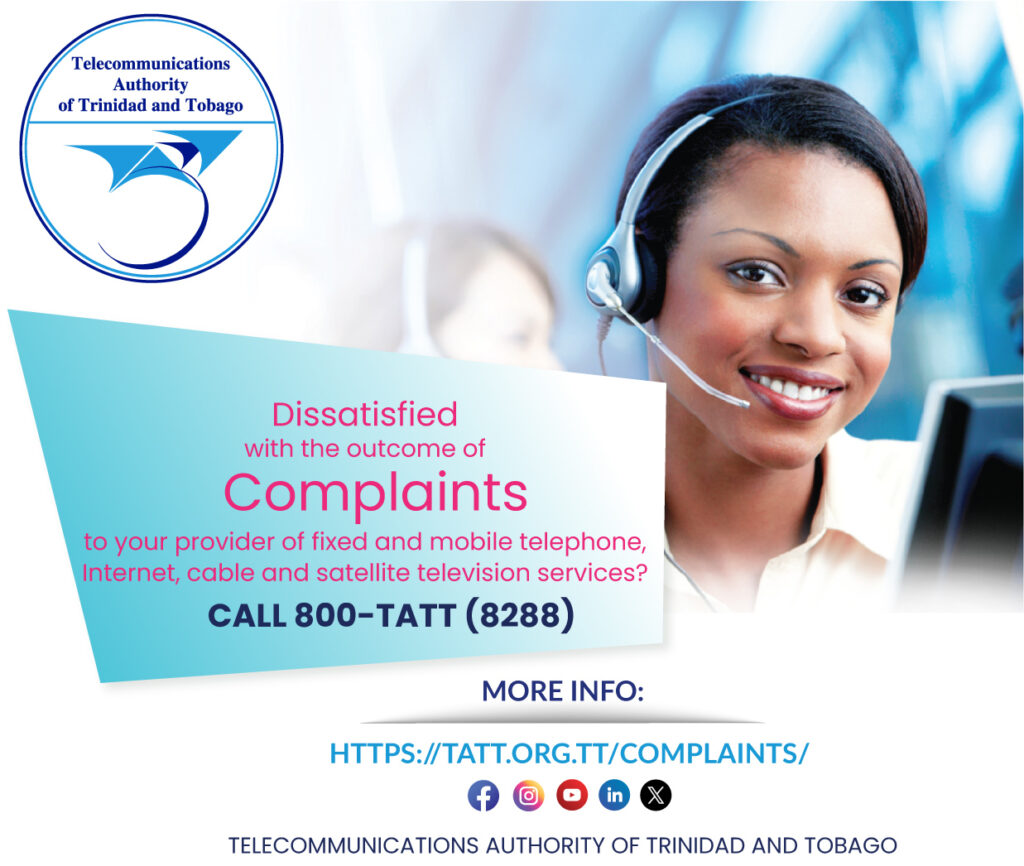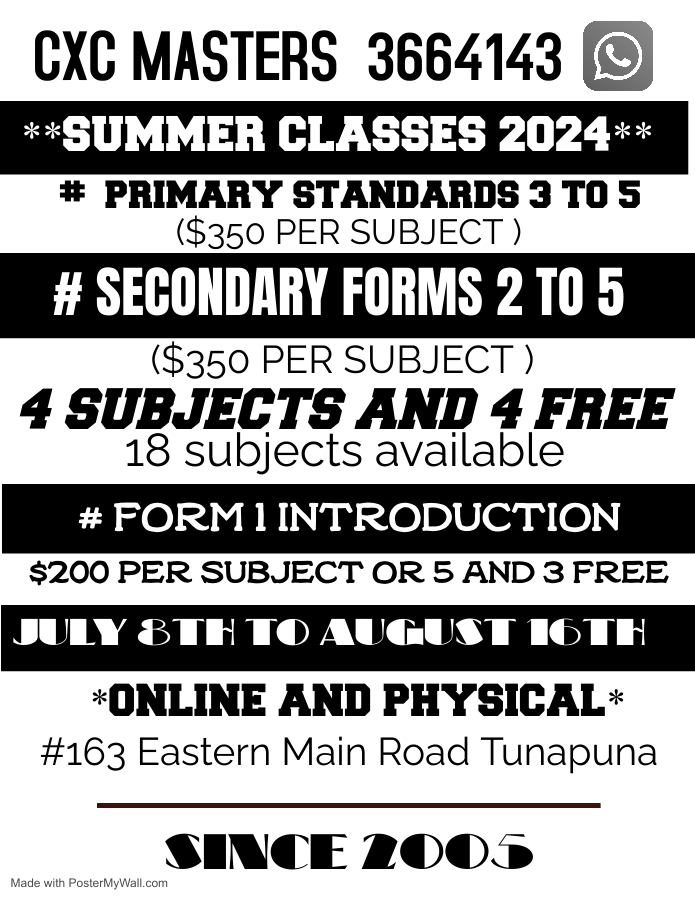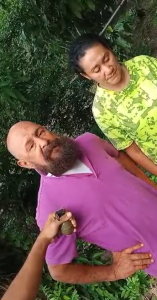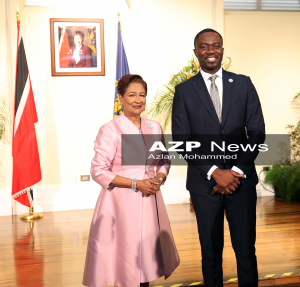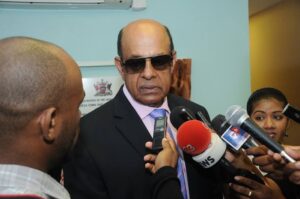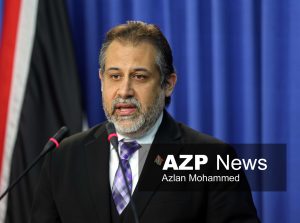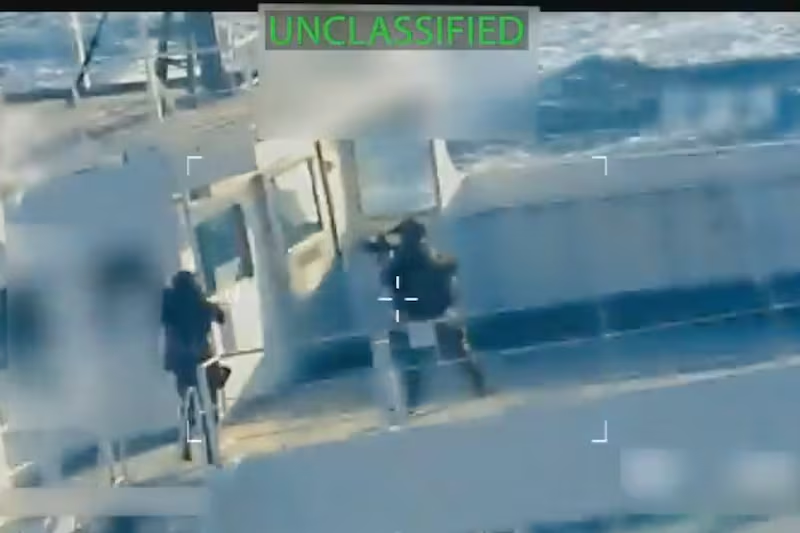Caption: Vice President of Cricket West Indies Azim Bassarath, second left, Trinidad and Tobago Prime Minister Dr Keith Rowley, left, with former Trinidad and West Indies cricketers Anisa Mohammed and Merissa Aguilleira, right, in April during the Caribbean Cricket Conference in Port of Spain
THE Supreme Court of Guyana has declared the election of Azim Bassarath as Vice-President of Cricket West Indies (CWI) unlawful.
On Monday, Justice Navindra Singh of the Guyana High Court ruled that Bassarath’s election, which took place on March 25, 2023, is “null, void, and of no legal effect,” citing violations of CWI’s articles of association and election laws.
The Guyana Cricket Board (GCB) had challenged Bassarath’s election. A GCB’s claimed that the election was conducted contrary to the governing rules, leading to the court’s intervention.
In response to the ruling, Cricket West Indies (CWI) announced its intention to appeal.
In a statement, it said, “The respondents respectfully differ with the court’s ruling. Consequently, CWI has instructed its legal team to immediately file an appeal and will await the decision of the appellate court.”
The legal action by GCB was against, Cricket West Indies Inc, Bassarath and Gregory Nicholls, the returning officer. The respondents argued that the matter should be resolved through arbitration rather than the court. However, the court asserted its jurisdiction and granted the orders sought by the GCB.
Bassarath, who also serves as the president of the Trinidad and Tobago Cricket Board (TTCB).
The controversy began in January 2023 when the GCB nominated Bassarath for the vice-president position. However, the GCB later withdrew its support for Bassarath after nomination day and before the election, citing concerns about Bassarath’s conduct as TTCB president. The returning officer Gregory Nicholls proceeded with the election, leading to Bassarath’s unopposed victory at the 24th annual general meeting in Antigua. Bassarath received six votes, with two against and four abstentions.
Following the election, the GCB made multiple efforts to have CWI address what it described as “glaring and blatant wrongdoing.” Despite more than a year of appeals, CWI did not take corrective action. The GCB claimed that CWI relied on legal opinions from regional scholars supporting the election’s legitimacy, but these opinions were never shared with the GCB.
The GCB the sought judicial intervention, resulting in the Supreme Court’s ruling on Monday.
![]()



